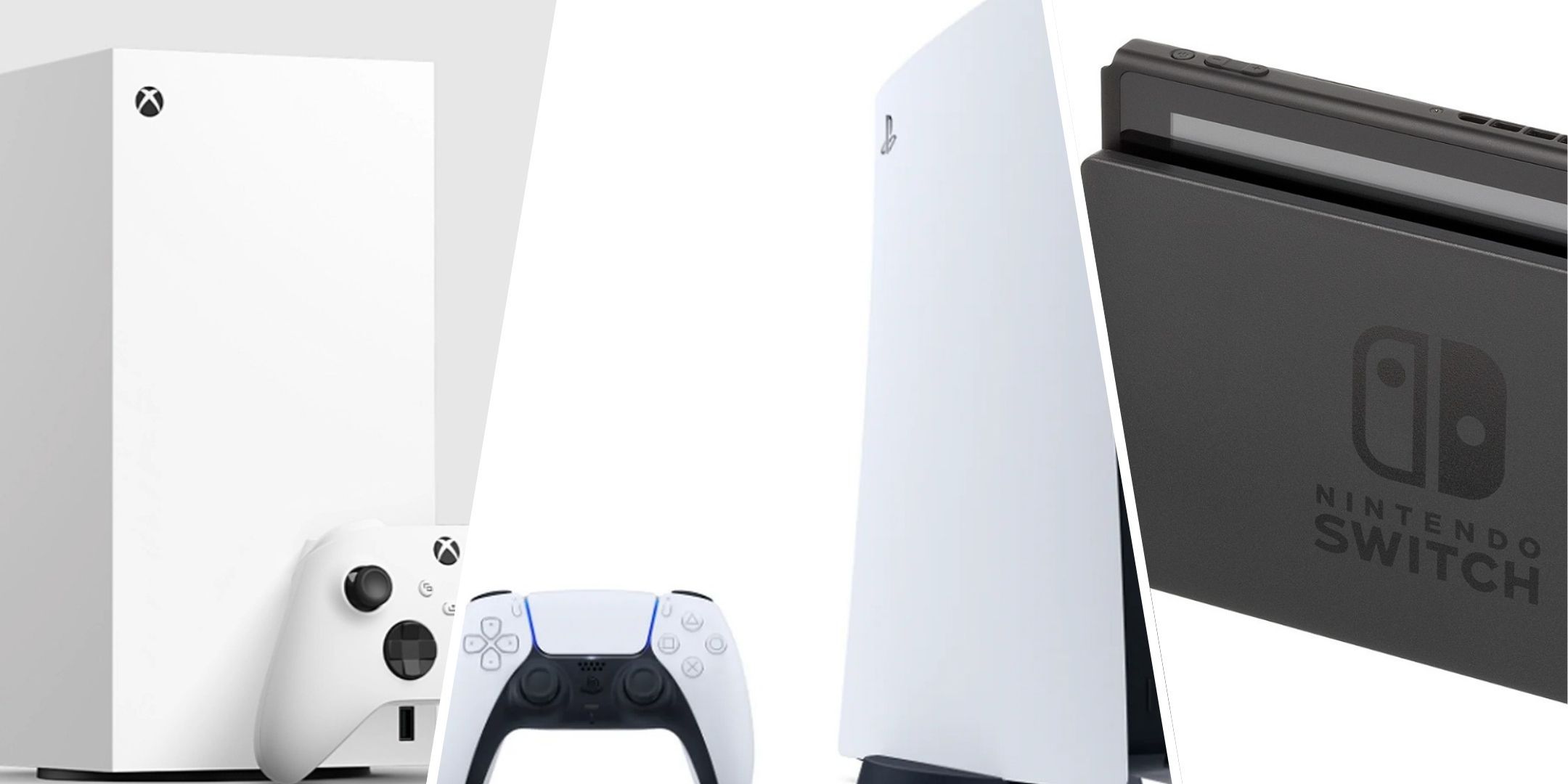UAE: Disease Testing In 10 Minutes? Abu Dhabi Scientists Develop Affordable Tool
(MENAFN- Khaleej Times)
A team of scientists at New York University Abu Dhabi has developed a paper-based diagnostic device that can detect infectious diseases in under 10 minutes. The Radially Compartmentalised Paper Chip (RCP-Chip) offers a fast, affordable, and portable solution for on-site screening of infectious diseases without the need for sophisticated lab equipment or trained personnel.
Conceived during the early days of the Covid pandemic, the RCP-Chip was designed to address the urgent global need for efficient testing in low-resource and remote settings.“Our goal was to create something fast, affordable, and easy to use, especially in areas where lab access is limited,” said Mohammad A. Qasaimeh, Associate Professor of Mechanical Engineering and Bioengineering at NYUAD and the senior author of the study.
Recommended For You Air India to pay Rs10 million to families of each passenger killed in plane crash
Beyond Covid-19, the chip is easily reconfigurable to test for other viruses and bacteria which causes diseases like chickenpox, dengue and malaria.“With minor modifications, it can be adapted to diagnose a wide range of diseases or even test hormones and metabolites,” he explained.
“What makes it truly impactful is its real-world potential,” said Pavithra Sukumar, NYUAD Research Assistant and co-first author.“This portable test could significantly improve outbreak response by enabling faster isolation, treatment, and control.”
How it works
According to Qasaimeh, the handheld device can be mass-produced and utilised in places where resources are limited.“It requires minimal number of reagents and sample to run,” he said.“It needs a heating stage which is around 60 degrees Celsius. This can be achieved by means of a hot plate or an oven. These are commonly founded devices everywhere.”
It uses saliva instead of swabs and can be sent to any area very quickly.“In a short amount of time, you can deploy it for use,” he said.“That was our other motivation when we were developing it.”
Qasaimeh added that it took the team approximately two years to develop due to pandemic-related lab access restrictions.“In the initial phase, we focused on designing the chip and brainstorming the approaches,” he said.“After initial curfews, gradually they allowed us to have access to the labs. That is when we started testing the device and deepened the research.”
The team has filed a patent and launched a startup to pursue commercialisation, with interest already shown by biotech firms.“We aim to find investors so that we can continue with the development stage of the device, but this time with its translational potential,” said Qasaimeh.“This is so that the device is ready to deploy in the markets for different purposes. This device can be modified to be used for other situations as well.”













